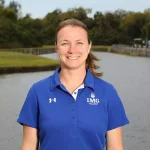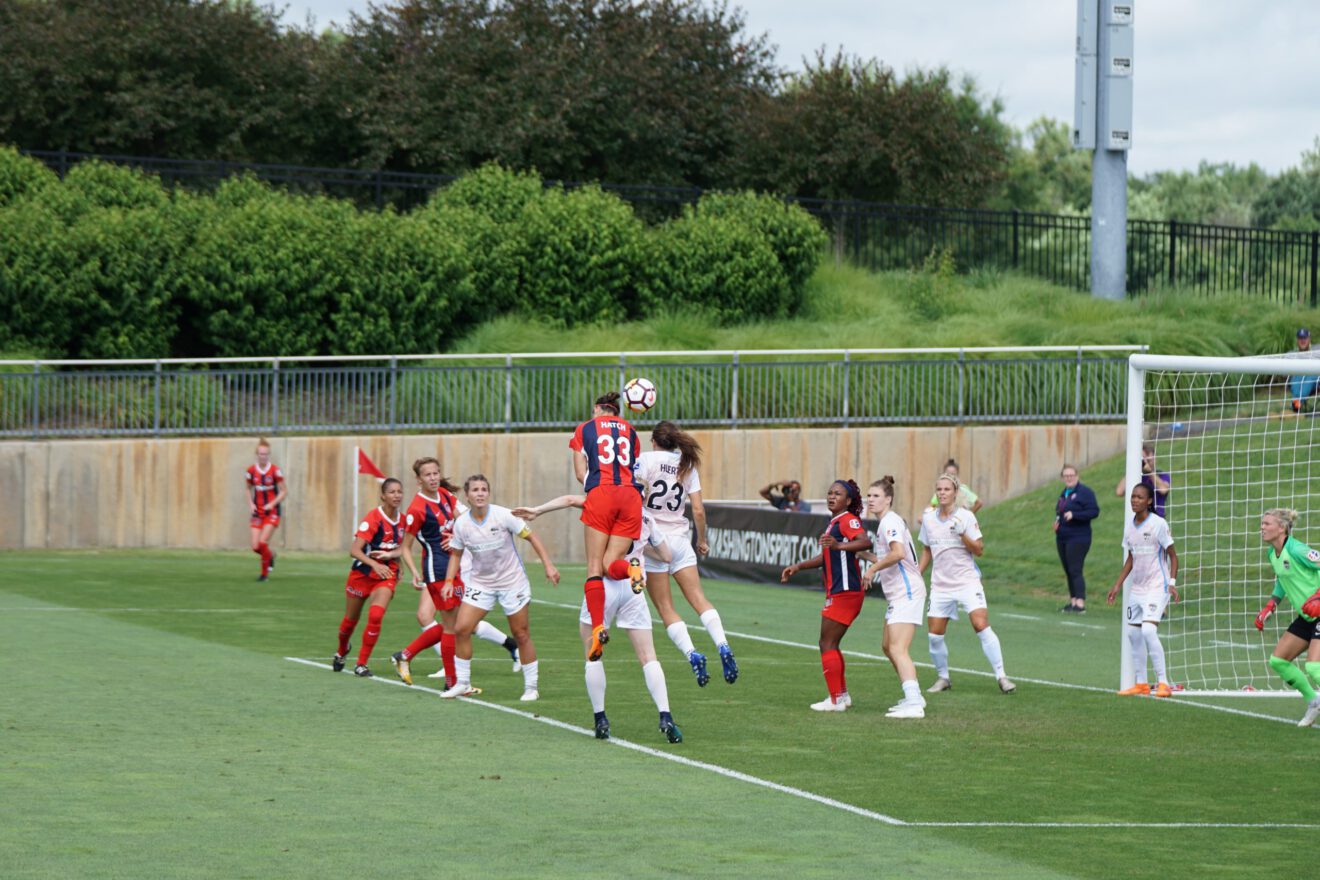
Student athletics is a thriving tradition — 57% of high school students played on at least one school or community sports team in the past year. Pursuing sports and school at the same time has been shown to carry a number of benefits for student-athletes, including lower school dropout rates, higher grade point averages, higher earnings later in life and enhanced self-confidence and self-image.
However, being a student-athlete involves a number of challenges as well. Feeling pressure to perform well and struggling to find time for practice and schoolwork can leave students run down and stressed out. This may be why 31.9% of high school athletes today deal with some form of anxiety disorder.
Helping students in multiple dimensions
Educators and coaches can help remove these hurdles using an approach to personal development that captures the student’s life in three dimensions, taking account of all the factors that add up to the unique person they are. At my school, we use an athletic and personal development program that covers areas like leadership, vision training, nutrition, mental toughness and durable life skills. Addressing these together can give students a balanced framework that will serve them well after they leave school, preparing them for success in and out of sports.
For educators and coaches who want to develop their own holistic athletic and personal development programs, here are some of the pieces of advice I have found most helpful for student-athletes.
1. Control what you can, accept the rest
In athletics and life in general, many things are out of our control. Teaching students to aim their attention toward the things they can change, and to cultivate an attitude of acceptance for everything else, can help them perform better under stress and be resilient in the face of setbacks.
2. Focus on process rather than outcome
Breaking an athletic skill, or any life activity, into small, simple steps that add up to success is a great way for students to keep their attention where it belongs when they’re performing. That way, rather than worrying about how they’re doing or what the outcome of their efforts will be, they can learn to trust the process they’ve devised and focus on the next step they need to take.
3. Encourage a growth mindset
Everyone fails. Student-athletes should know this and try to think of failure as a tool for growth rather than something to be feared or avoided. This will help them get back on their feet after a performance they’re not satisfied with and will allow them to learn from their mistakes and continue moving toward their goals.
4. Harness the power of neutral thinking
If students develop a habit of interpreting events in a neutral, nonjudgmental way, it will help them stay present when they make small mistakes. This will also help them focus on the facts of a situation and avoid making harmful assumptions or creating self-fulfilling prophecies like “I can’t do this” or “I’m going to fail.”
5. Uncover the “why”
Educators should talk to students about their reasons for pursuing sports. Uncovering their own deep-seated motivations can be helpful for students, because they can use that insight to remind themselves of their love for their sport when things get tough.
6. Practice breathing exercises
A lot of these tips have to do with redirecting attention away from negative thoughts as they pop up. But where should student-athletes point their attention? Using breathing exercises to focus on sensory experience, rather than abstract reasoning, is a powerful way to develop focus and composure and to relieve anxiety.
7. Educate yourself
Students aren’t the only ones who have to learn! Educators and coaches should be sure to stay informed about the latest methodologies and best practices to support student-athletes as knowledge evolves.
Despite the challenges that student athletics entails, the upsides are substantial, especially when proper support systems are in place. Using these tips as part of a holistic development approach to learning and sports can help young people balance the demands on their time and energy, and give them the tools they need to succeed in athletic pursuits, in school, and in their adult lives.
Taryn Morgan, Ph.D., is the vice president of athletic and personal development at IMG Academy. The approach includes strength and conditioning, sports science, mental conditioning, nutrition, leadership, vision training and sports medicine for athletes of all ages, levels, and sports.
Opinions expressed by SmartBrief contributors are their own.
_________________________
Subscribe to SmartBrief’s FREE email ASCD newsletter to see the latest hot topics in education. It’s among SmartBrief’s more than 250 industry-focused newsletters.
